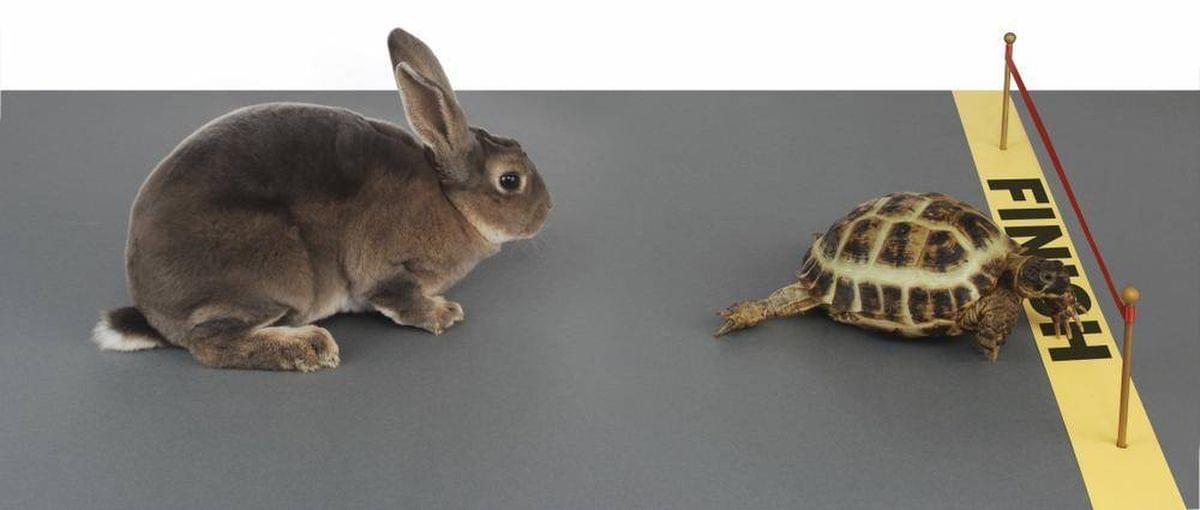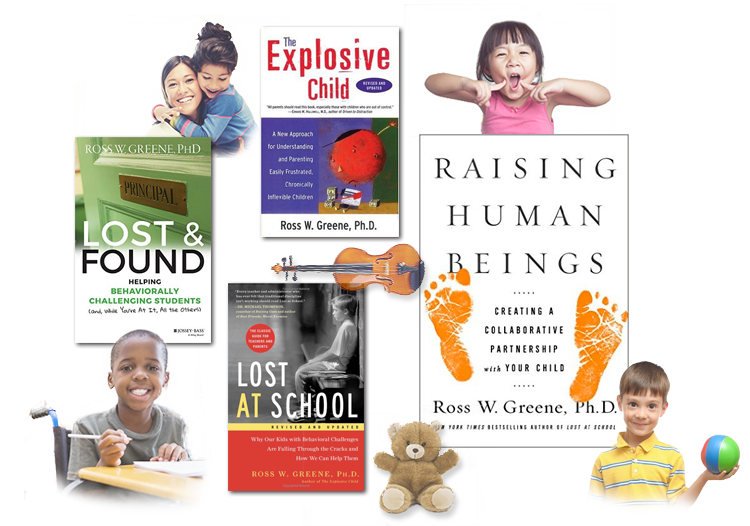
The Raising the Champion Blog is updated every Monday
Find the real experts. Get the real answers.
Published Oct. 8th, 2018
About a 5 minute read
I had the pleasure of observing a young player, who is enrolled in our online development tennis academy, perform in a tournament match. It was nice to see her enjoying herself playing the game of tennis. It was a close match and she stayed mentally strong and was able to close it out.
I couldn’t help but notice a few things in the few hours I was at the tourney. I had to take a second look at the food the tournament desk offered. On the same table were free bananas, Oreos, and Chocolate Chip Cookies! I’m still trying to figure that one out!
Sadly, I didn’t see many smiles on the faces of the parents! There were a lot of serious faces. They clearly weren’t enjoying the moments, watching their son or daughter compete and perform. I began to wonder if they took their jobs this intently. Tennis is a still a game, right?
One Mom tried her very best to console her 17-year daughter, who was hysterically crying after losing her match. I was in earshot of the conversation and her words weren’t helping much. A father was trying to encourage his son, but not always at the right time, especially when his opponent was getting ready to serve! Another parent couldn’t stop shaking her foot as her head swiveled back and forth during every point!
One player suddenly stopped competing towards the end of a close third set. After she shook hands at the net, she started noticeably limping off the court. I could overhear her mother straining to keep her voice down, as she was speaking very directly at her, demanding why she was only now letting her know about the alleged injury, instead of prior to the tournament.

Complete Performance by Mattek (CP) is a company founded by Tim and his two sons that is dedicated to the training and development of junior athletes. CP is leading the tennis industry in helping young players overcome mental barriers, execute at a high level consistently, and develop as a player as well as a person. To find out more click here.
CUSTOM JAVASCRIPT / HTML

I could just imagine her thoughts going in all directions! You could sense her emotions flipping back and forth from side to side; from being angry with her daughter, to disappointed that she lost, and back to being frustrated with the money wasted, I mean spent, and back to being concerned that her injury might be serious. It might even keep her out of the tournament next week! Needless to say, she wasn’t a happy camper as she walked past me.
Having a negative attitude at a tournament will only make matters worse!
When Bethanie was younger, I can remember being frustrated, angry, and simply feeling overwhelmed. I was just trying my best to make the best decisions for Bethanie. There were even times I seriously considered quitting tennis and putting her in a different sport altogether. I’m sure you can relate, right?
Well, you probably already know I didn’t do that, and I’m really glad I didn’t. Having been through the entire junior development process, from cradle to grand slam champion, I was fortunate to get out on the other side alive. Now, I feel confident saying with a high degree of certainty that tennis development is a difficult race to run!
Tennis development is a marathon, not a sprint.
If you want to make it out on the other side with your sanity in tact, it’s going to take a lot of proactive planning, strategizing, persistence, positivity, and patience! This reminds me of a story I think we all know…

So, if you’re in this for the long haul, you’re going to have to settle in because you have a ton of decisions to make in order to properly develop your child. You really don’t want to leave it to chance or hope and a prayer, do you? Well, if you answered how I think you did, then you’ll need real experts to help you. Over the years I have found this next part to be true time and time again…
Everyone has an opinion, but real experts have the answers.
When you tap into an expert, you also tap into their experts.

One expert that showed up along my pathway was Psychologist Ross Greene, PhD. This guy did some really cool work to help children with emotional meltdowns. In his seminars, he presents research regarding his methods for helping children control their emotions.
Fear, frustration, anxiety, and anger will reduce one’s capability to make good decisions.
It only takes minutes to happen. Isn’t that amazing? Just think about this. When you display outward emotions of anger or even feel fearful or anxious, your ability to think properly and to make good decisions drastically diminishes. Jeez, that’s good to know, right?
So, how does this all relate to your child’s tennis development? These concepts correlate to tennis development more than you think. See, I found that…
Every single decision you make for your kid’s development will have consequences.
That’s how huge decision making is! I hope that really gets your attention! It should, because your child’s future is at stake and you don’t get a second chance (Unless you’re a grandparent. LOL)!
Imagine, you get a report card for the decisions you made, just like your kid’s report card at school. An A = Excellent, B = Good, C= Average, D = Below Average, and F = Fail. What would your “decisions” report card read?

As Parents, we want to make as many “A” or “Excellent” decisions on our kid’s behalf. For that to occur, we need good teachers who can help us just like our kids need good teachers in school. Make sense?
Now that you have this information, perhaps you’ll do what I did, seek and find real experts that have the answers to help you. It’s not just good enough that the kids make good decisions on and off the court, you need to also. It’s just as important for you to train your thoughts and control your emotions, as well as your children.
Saying the right words at the right time is way better than saying the right words at the wrong time!
Now, when you get yourself in the same situation as that woman who tried to help her 17-year-old who was crying hysterically after a loss in her match, hopefully you’ll know what to do! In that situation it will probably be best not to say very much right away. Like we saw in Dr. Greene’s studies, when you and your child are too emotional, neither of you are as capable to deliver the message in the way you would intend.
Rehashing the match, right after the match, might seem like the right thing to do… but it’s the wrong time to do it! When emotions are running too high and someone has lost up to 30 IQ points, the right time for court talk isn’t now, it’s later, when emotions are back to acceptable levels. Talk about the match stuff later when you’re both ready.
Oh, I almost forgot… I have found it’s never a wrong time to let them know how awesome they are and that you believe in them and that everything will be alright! This would be a great time to eat those Oreo and Chocolate Chip cookies! They taste good dipped in milk ;)
Until next time…Tim
STAY IN THE LOOP
All Your Information is Protected When You Sign Up
LET US KNOW WHAT YOU THINK
FB Comments Will Be Here (placeholder)
Enjoying Tim's Blog? Share it with others!
Resources
-Tennis Made Simple-
----------------------------------------------
----------------------------------------------
Enjoying Tim's Blog? Share it with others!
Enjoying Tim's Blog? Share it with others!
Resources
-Tennis Made Simple-
----------------------------------------------
----------------------------------------------
